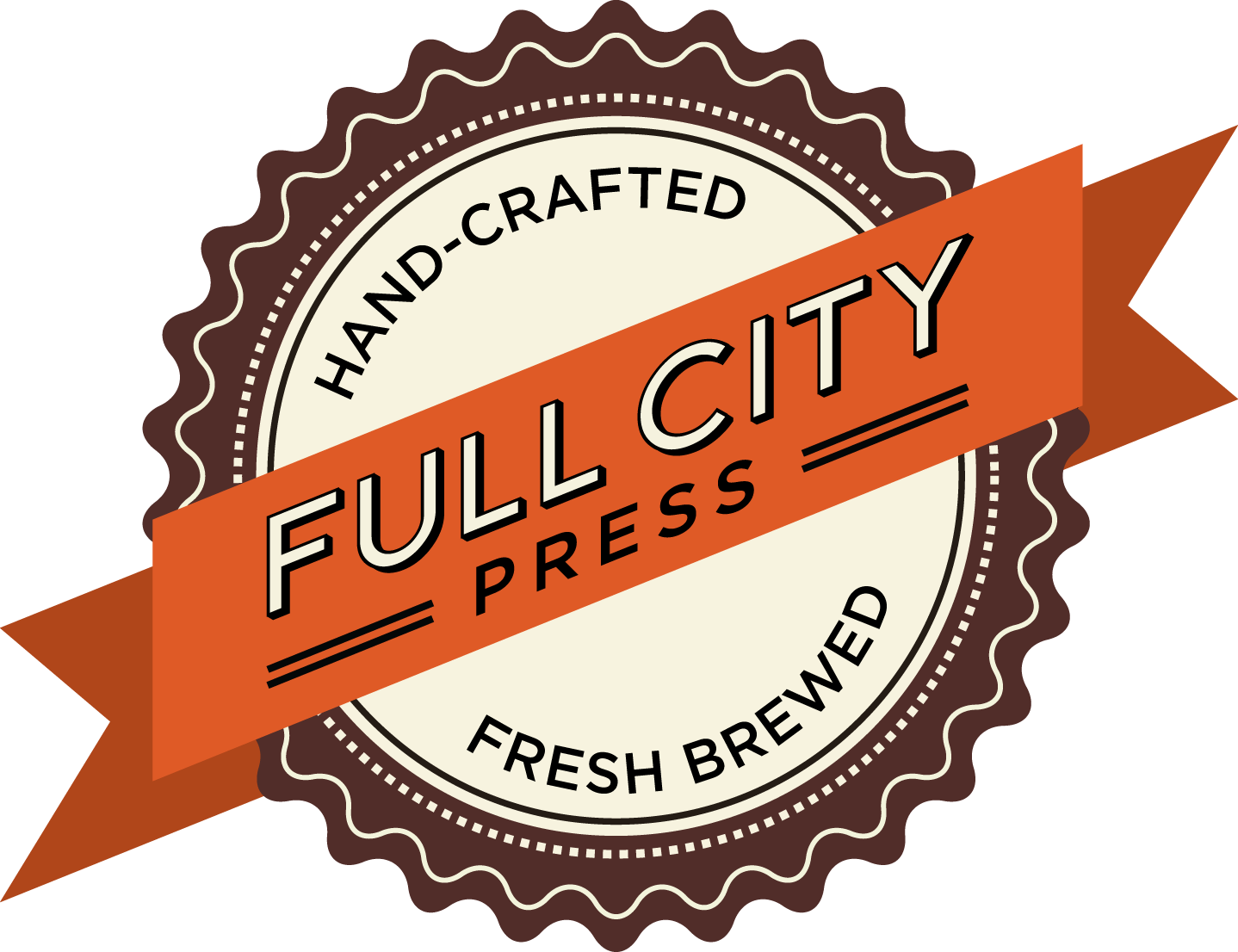Ev Williams — yeah, that Ev Williams, the one who started Blogger, co-founded Twitter, and is currently CEO of Medium — has started blogging again. If you look at the common foundation of those three services he’s built, then it makes sense that Ev has something to say every now and then.
This paragraph resonated with how I felt when I started my November challenge:
This post is another experiment, perhaps less grand but still dangerous-feeling. Like walking into a yoga class, 10 years out of practice. As I put down my mat and start stretching these stiff old muscles, I wonder if I should be here. It’s awkward. A little painful. Worth it? Hard to say. Everyone else seems so much more comfortable. Remember when writing on the web was just fun?
Well, we’re here now. Gotta just crack those knuckles and get to work.
”Remember when writing on the web was just fun?” Wow. I mean, that hits it square on the head, doesn’t it? That’s the exact thing I was after when I started blogging again. This all — *waves hands* — used to be fun!
Somewhere along the line it stopped being fun and maybe that’s why we all stopped doing it. Instead we settled for quips in 140 characters. And nowadays most people just hit the Share button on Facebook, churning over someone else’s content.
We stopped being creative and taking the time to really spell out what was on our minds.
Back to Ev:
I sometimes say that the internet has changed how humanity communicates and shares knowledge in such a profound way, at such massive scale, in such a short period of time of course it’s broken. What else could we expect? So we keep working on it.
That’s why I’m getting back on the mat — i.e., making an effort to blog/write on a regular basis (in public) again. Partially for fun. Partially to see what comes out of my brain. And mostly to understand from the individual creator perspective how our tools need to evolve for this point in the internet’s evolution.
Long form writing has been around ages — epochs even. It is how humans have communicated as far back as we have history books. And there is something special about writing long form that text messages and tweets cannot replicate.
Let’s endeavor back toward that ancient art. When was the last time you sat down and wrote an actual letter to a friend or loved one? When was the last time you received one? My challenge to you, dear reader, is to write something of substance and put it in front of someone else’s eyes. I promise it will be cathartic. Write a letter, or even a card. Start a blog and send me the link. Whatever fits. Just crack those knuckles and get to work.








